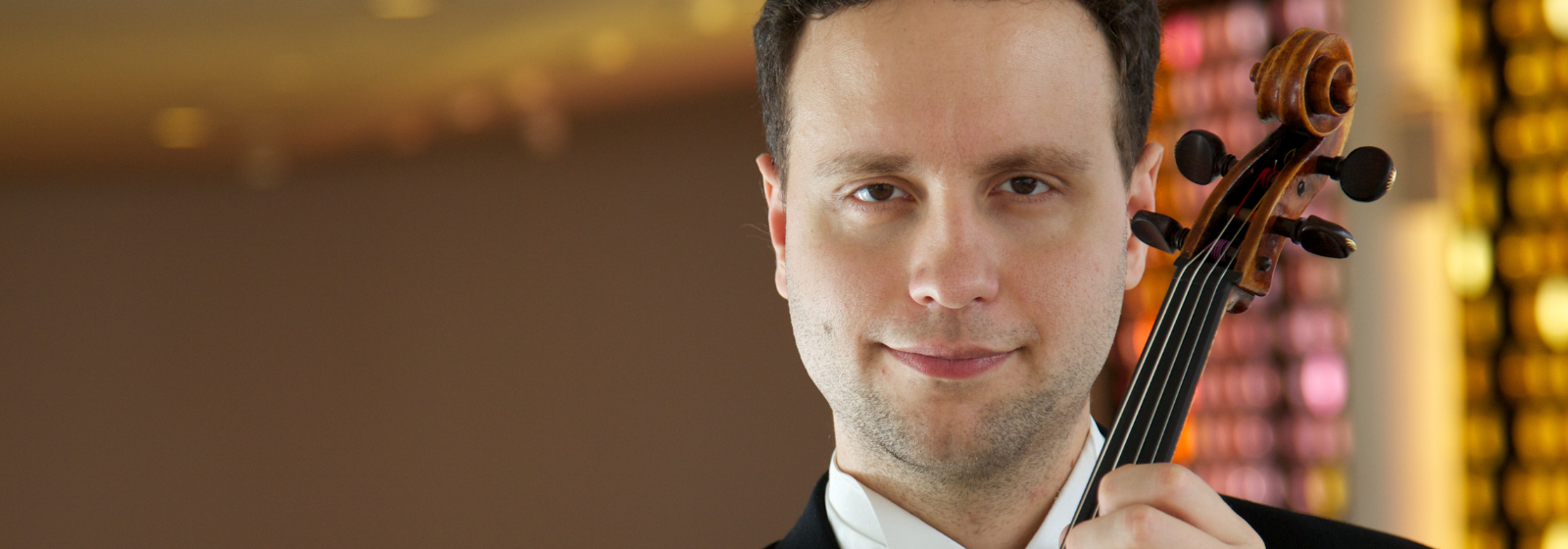
Budapest
BEETHOVEN + KURTÁG 100
Lukács season ticket 1
Robert VOLKMANN: Richard III – overture, Op. 68
Leó WEINER: Ballade for Viola and Orchestra, Op. 28
György KURTÁG: Movement for Viola and Orchestra
***
Ludwig van BEETHOVEN: Symphony No. 7 in A major, Op. 92
Máté Szűcs viola
Hungarian National Philharmonic Orchestra
Conductor: Marcell Dénes-Worowski
The concerts of the Hungarian National Philharmonic Orchestra’s Lukács season ticket at once offer the joys of a tantalisingly cohesive concept and compelling variety. We will hear pieces inspired by Shakespeare plays, a Hungarian composition will sound out on each occasion, and a Beethoven symphony will close out every evening. At the opening concert, the Richard III Overture by Robert Volkmann, a former teacher at Budapest’s Liszt Academy, will be followed by Weiner’s Ballade and the Viola Concerto the now-100-year-old György Kurtág wrote in his youth, as interpreted by the wonderful Máté Szűcs. After the interval, Marcell Dénes-Worowski will conduct Beethoven’s ecstatic Symphony No. 7.
Robert Volkmann (1815–1883) is hardly a household name for Budapest concert-goers, even though the musician of German origin lived in the Hungarian capital for many years. He was also a respected teacher of musical composition at the Liszt Academy and an active participant in the Hungarian music scene. It is a joy to discover, therefore, that the first concert of the Lukács season ticket of the Hungarian National Philharmonic Orchestra will feature his Richard III Overture, which was inspired by the Shakespeare play. Weiner’s Ballade is rarely heard, while the excerpt from György Kurtág’s Viola Concerto will be performed in tribute to the 100-year-old composer by Máté Szűcs, a soloist who has achieved great success worldwide. After the interval, the concert’s conductor, Marcell Dénes-Worowski, will crown the evening with a performance of Beethoven’s Symphony No. 7. The concerts of the Lukács season tickets promise music lovers special thematic programmes, and those attending all three concerts will on each occasion get to know a rarity inspired by Shakespeare (two in the third concert, in fact!), encounter the modern Hungarian music of the recent past, and listen to one of Beethoven’s most popular symphonies.


